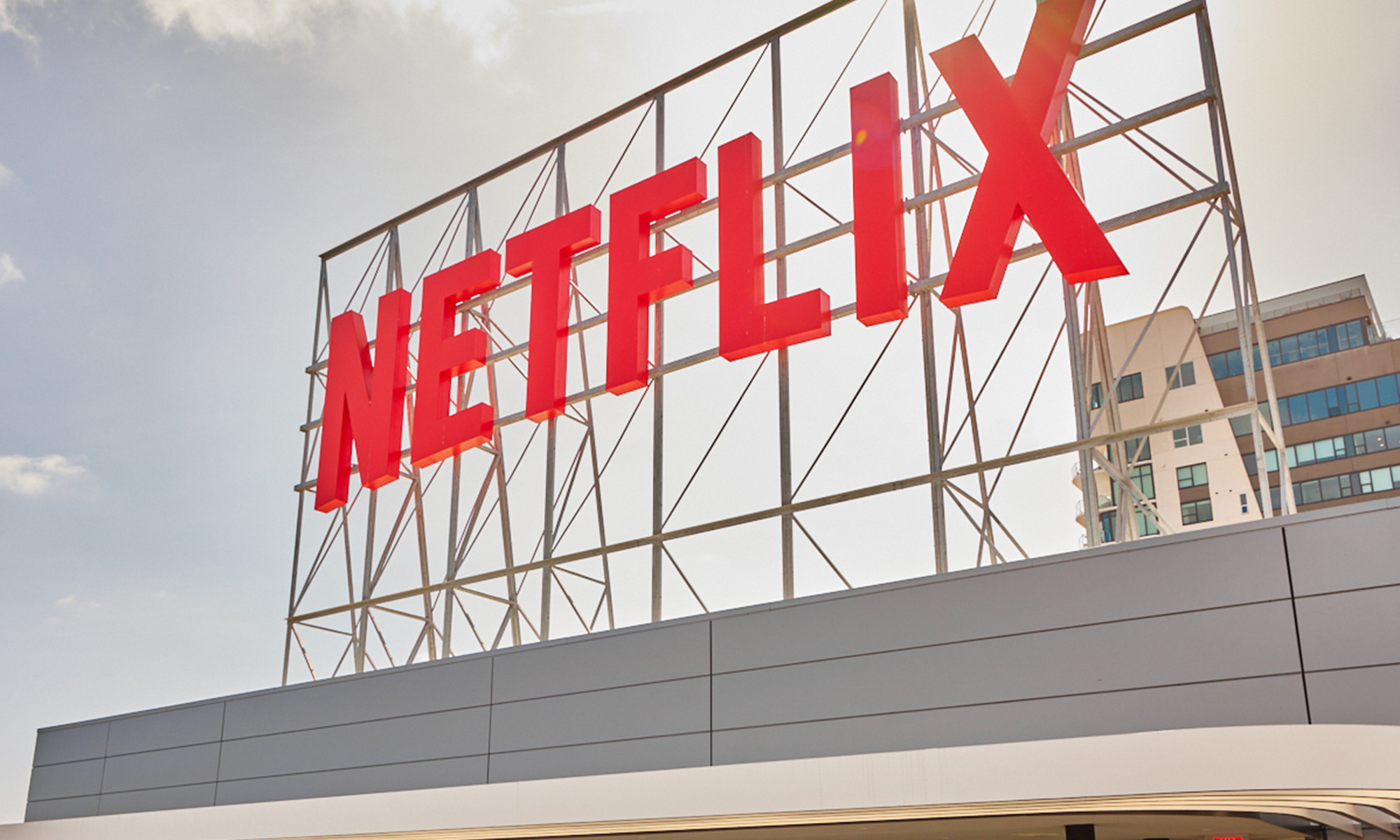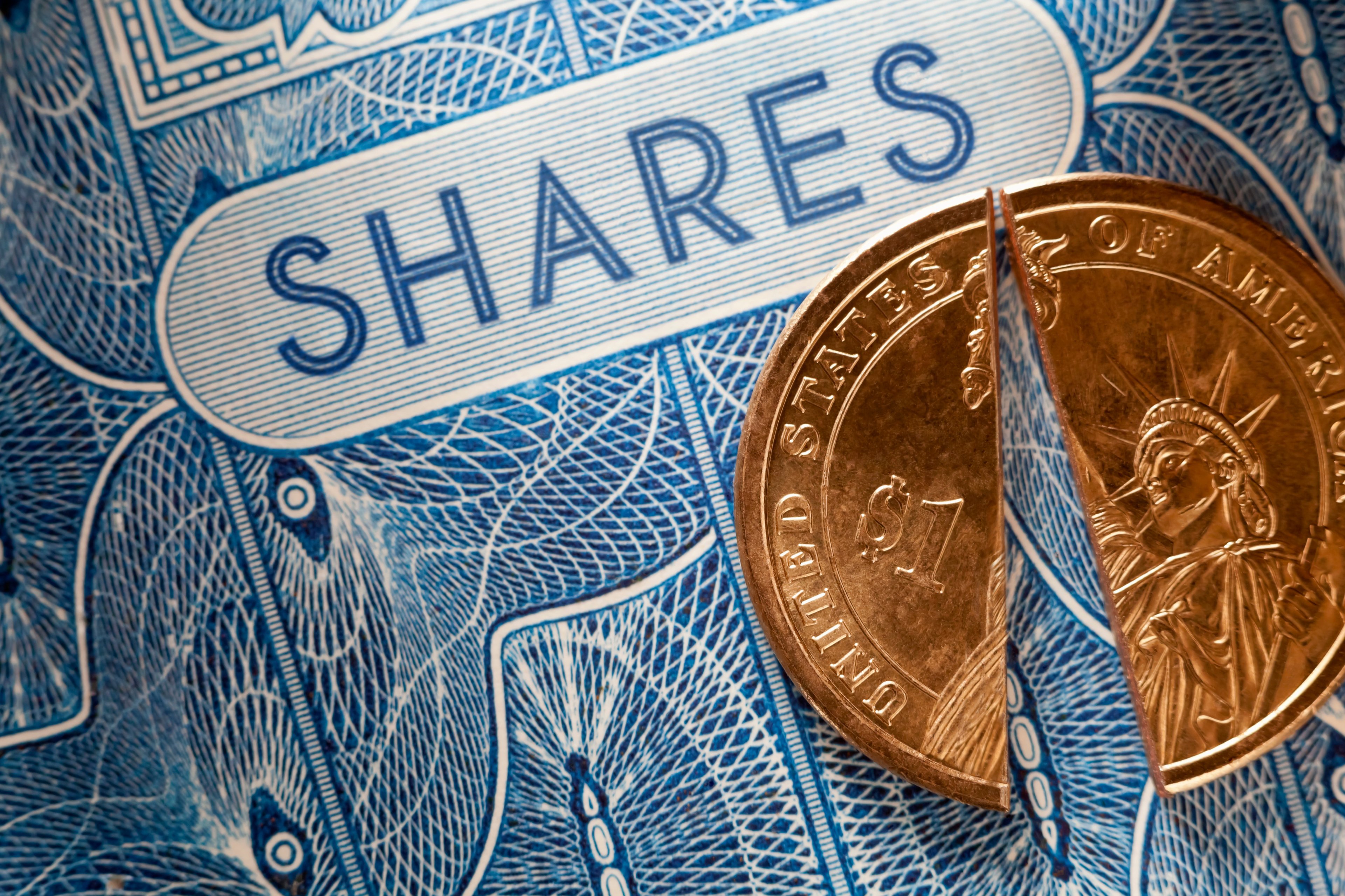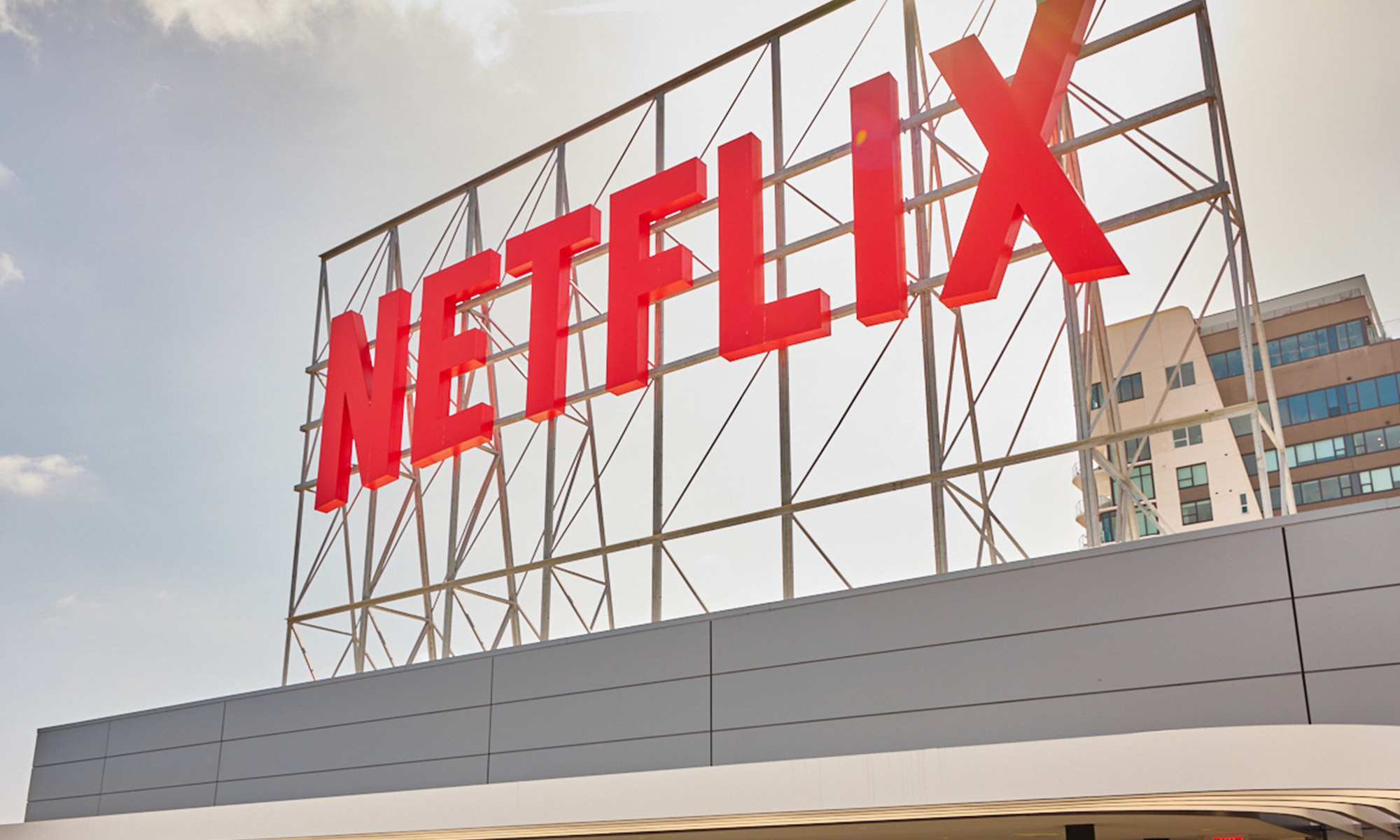This has been a good year to own Netflix (NFLX +0.35%). Shares of the world's leading premium streaming service are up 62% in 2023, handily beating the market as well as most of its smaller rivals. It wouldn't be a surprise to see Netflix stock take a breather in 2024 after a hot year, but there's a good case to be made for the upticks to continue.
Let's take a closer look at some of the things that set Netflix apart. They also happen to be reasons why Netflix isn't facing the same kind of challenges that many consumer-facing companies will have to tackle in 2024.

NASDAQ: NFLX
Key Data Points
1. Netflix isn't pulling the rug on revenue growth in 2024
The Black Friday holiday weekend was a pretty crazy time to be a collector of cheap streaming service subscriptions. Let's go over some of the now largely concluded promotions that rival services were offering to woo deal-seeking viewers.
- Walt Disney was offering an entire year of the ad-supported versions of Hulu for just $0.99 a month. For just $2 more a month you could add the advertising-backed Disney+ platform. This is actually a buck less for either service than last year's Black Friday sale.
- The Black Friday deal for Warner Bros. Discovery's Max gave folks six months of the service previously known as HBO Max for just $2.99 a month, a 67% discount to the offering with commercial breaks. Like the Disney promo, this deal ended earlier this week.
- A week ago, Comcast's Peacock began offering a discounted version of Peacock with marketing missives for just $1.99 a month or $19 for the entire year.
- Paramount Global's Paramount+ got into the promotional punch bowl on Cyber Monday with a 67% markdown. It's offering Paramount+ Essential for just $1.99 a month or Paramount+ with Showtime for $3.99 a month. This deal is available until Dec. 3, but it's only good for three months.
There's also a new way to get a streaming service for no additional cost. Instacart announced on Wednesday that it's teaming up with Comcast to offer the ad-supported Peacock Premium to its Instacart+ subscribers.
These promotions are done largely to attract new subscribers, but it's also a way for existing accounts to cancel their current plans and sign up under new email addresses. Yes, it wasn't just you doing that these past few days. You know who didn't participate in the flash sale frenzy? Netflix. It has once again cemented its status as the equivalent of standard cable. It's hard to justify canceling Netflix given its reach, the breadth of its content, and its ability to be a water cooler tastemaker putting out the shows and movies that everyone you know is talking about.

Image source: Getty Images.
2. Profitability sets Netflix apart
It's not often that the biggest service in an industry also happens to be the most expensive platform. Viewers are paying top dollar to be among Netflix's 247 million subscribers. The global audience has grown 11% over the past year, the largest increase for Netflix in more than a year.
Netflix cracked the code early. It's been profitable every year since 2003. It's been very profitable the last three years. Rivals giving away their shots for meaningful revenue growth with last holiday shopping season's flash sales didn't slow Netflix down. It won't slow it down this year.
Competitors want the profitability that Netflix has. They want the breadth, engagement, and ubiquity that Netflix commands, too. Rivals also crave respect in the investment community, but that's not going to happen until they stop losing money. A lot of services drew circles around 2024 as the year that it all comes together. One has buckled already. Warner Bros. Discovery stock took a big hit earlier this month after warning it may not meet its 2024 net leverage targets after another disappointing financial update. Netflix may not be flashy, but one thing it has proven over the past two decades of profitability is that it's reliable.
3. You can teach a new Netflix some old media tricks
One of the things that set Netflix apart until recently is that it would release an entire season of a popular show at the same time. Betting on binging has its merits, but lately Netflix has been unafraid to stretch its release dates to keep everyone on the same page.
The top show on Netflix right now is Squid Game: The Challenge. Based on the South Korea series that blew up on the service two years ago, this is a U.S.-based reality series where 465 players are competing for a $4.65 million prize. Instead of releasing all 10 episodes at the same time earlier this month, Netflix only put out the first half of the installments. The final episodes will be coming out weekly starting this week.
It's not just Squid Game: The Challenge, a real-life competition that benefits from the slow release because its future appeal in the content catalog is limited. Netflix has also split the the final season of The Crown in two parts. It also held on to the last two episodes of last year's season of Stranger Things for five weeks after the release of the first batch.
Netflix may be learning some old media tricks, but it's still built different. Can anyone else be brazen enough to crack down on password sharing and still grow the way Netflix is doing? It has boosted its free-cash-flow target for 2023 dramatically not once, but twice. In a world with plenty of meandering streaming services stocks, the top dog should continue to stand out in 2024.





